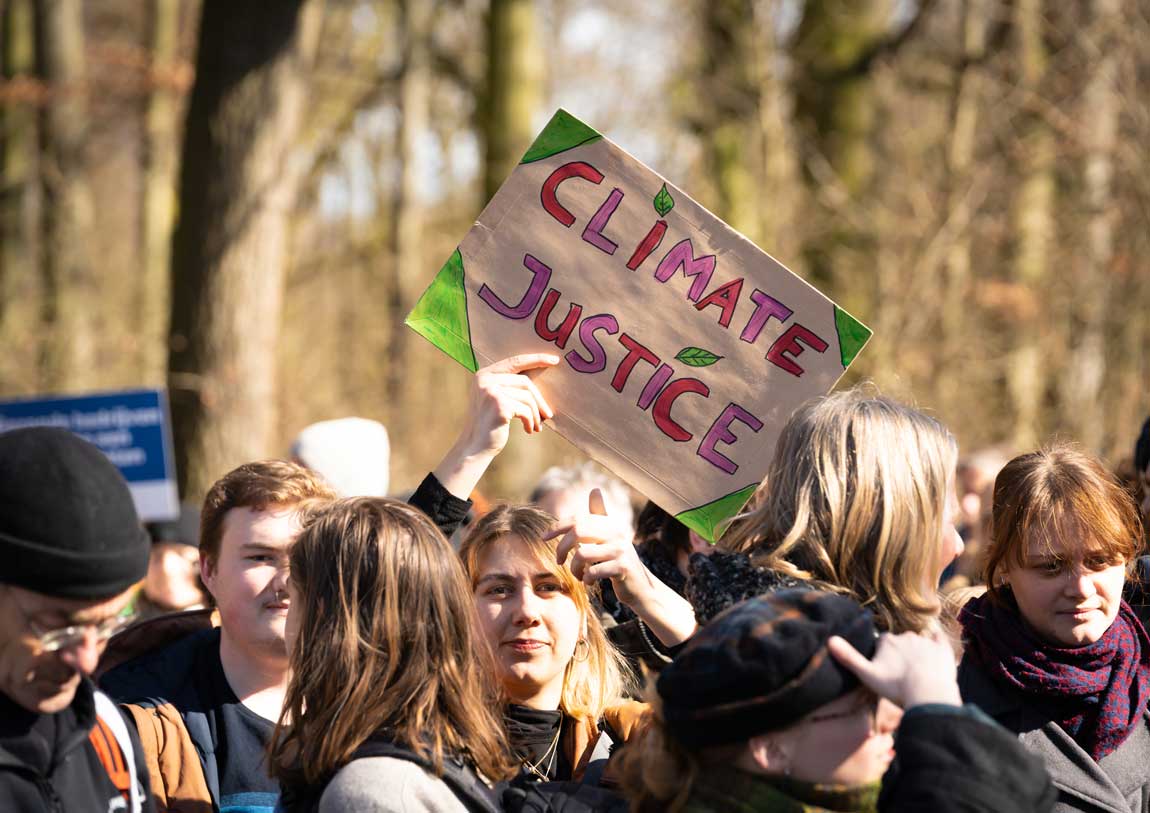
Condemning Switzerland for climate inaction can rightly be claimed as a historic victory by NGOs. Indeed, without any provision to this effect in the European Convention on Human Rights, the Strasbourg Court has brought climate into the legal corpus of the Convention on the grounds that global warming is a "matter of concern to mankind as a whole".
This approach stems from the Court's unfettered assessment of the "universal consensus" that is said to exist on the subject through various scientific reports and texts - almost all of them non-binding - of international law.
The second contribution of this decision is that environmental NGOs no longer have to justify a particular interest in acting on the grounds that they are defending the “vulnerable” against the “powerful”, in order to be deemed "victims" of climate change. In this respect, the Court reiterates its jurisprudence on the quasi-social and charitable role of associations, stressing that they constitute "one of the few means by which persons who are clearly disadvantaged in terms of representation can make their voices heard and attempt to influence the relevant decision-making processes". In France, associations already have extensive access to the courtroom, where they can exercise the rights of the civil party without a mandate from the direct victims of an injury. But this is not the case in most other European countries, such as Germany.
The impact of this case law is therefore likely to be considerable. To be continued!







